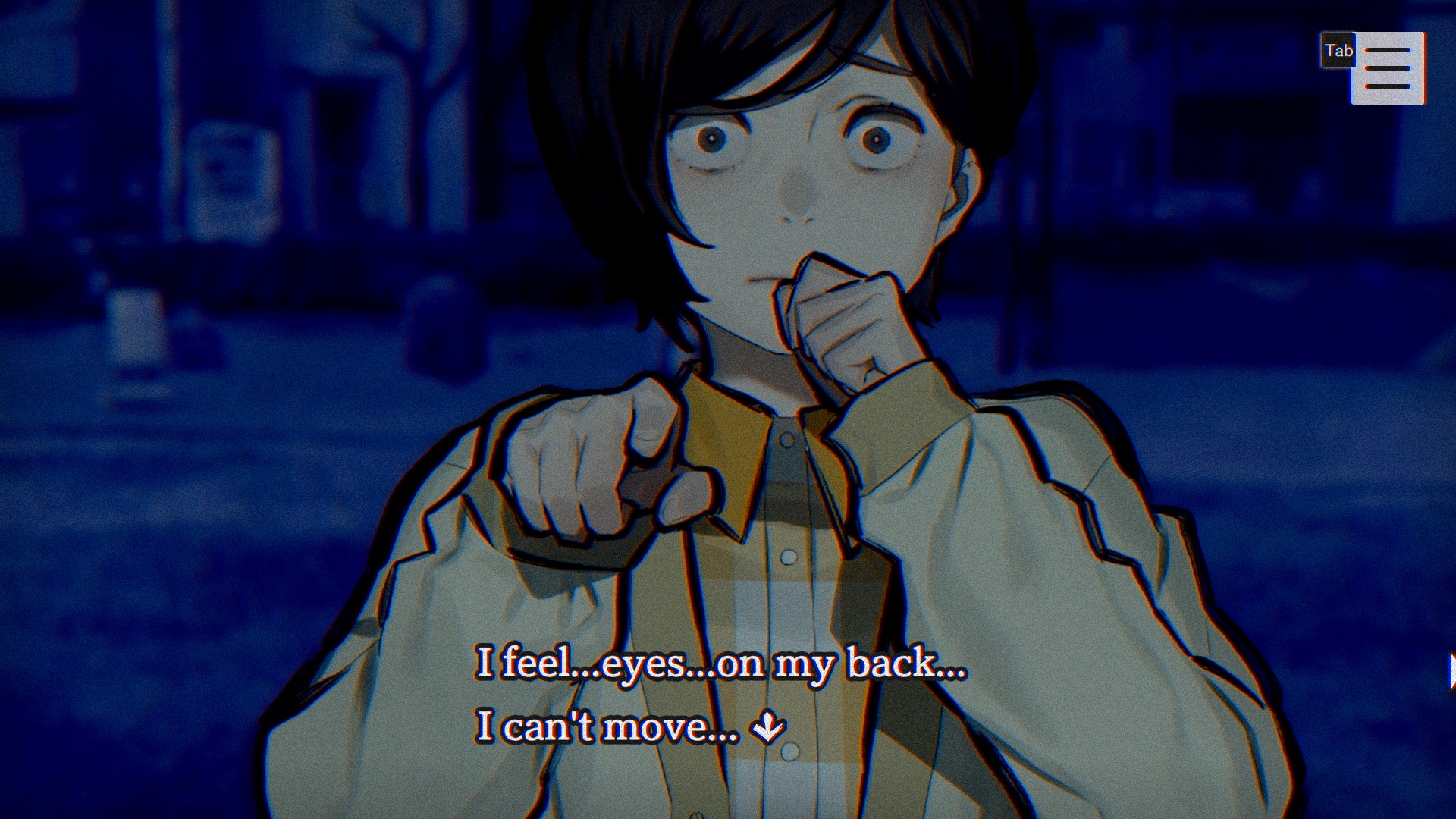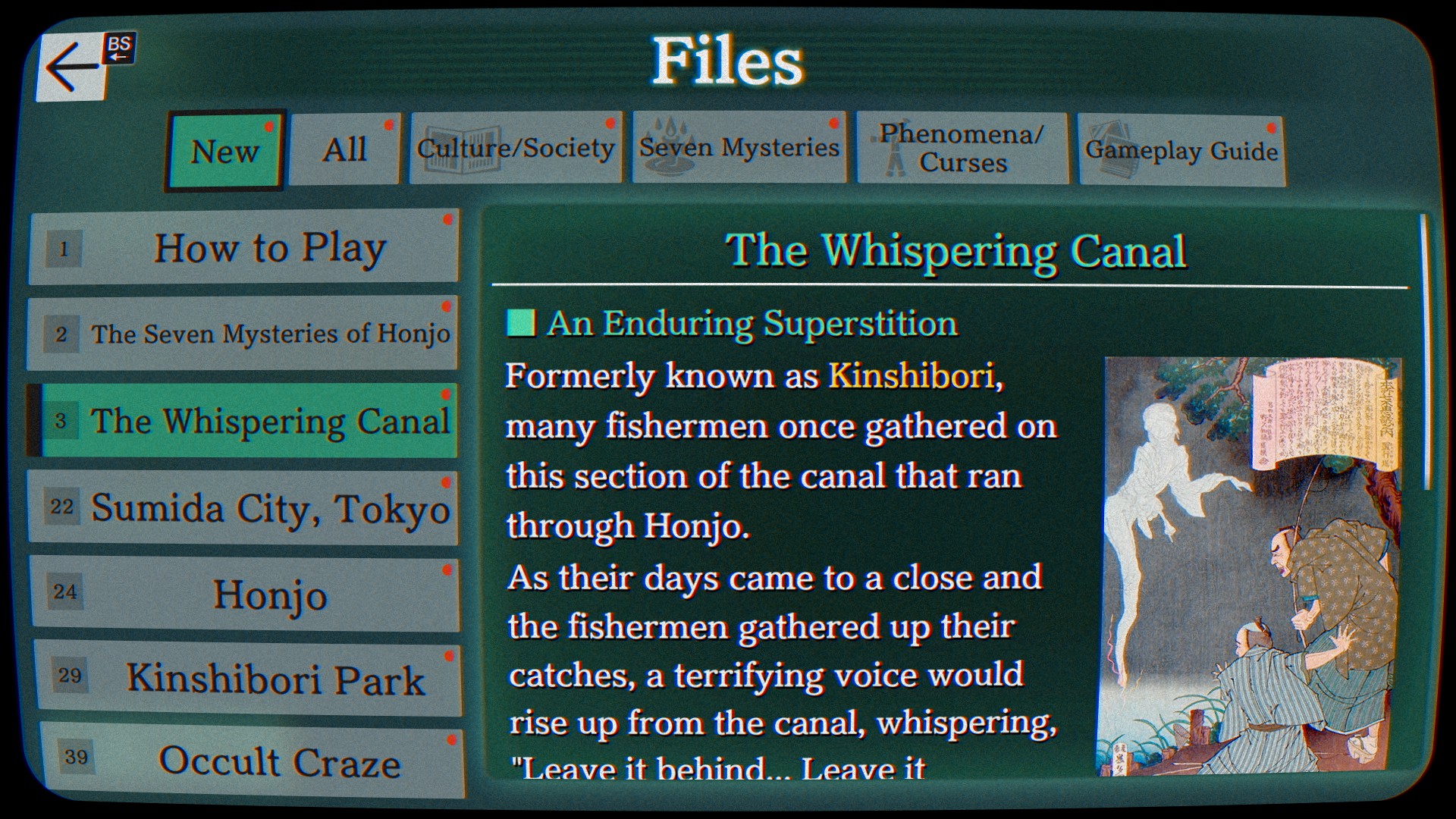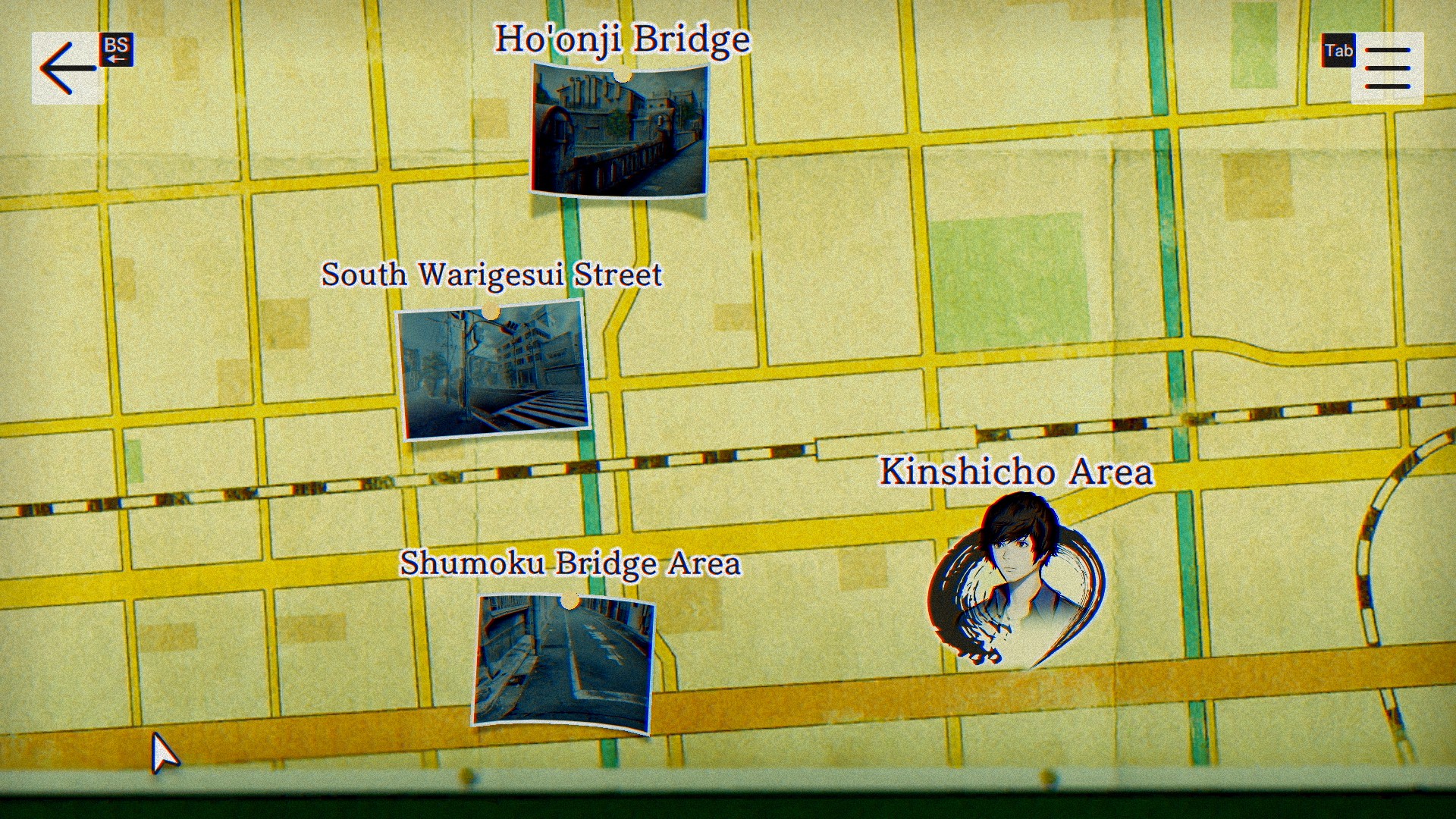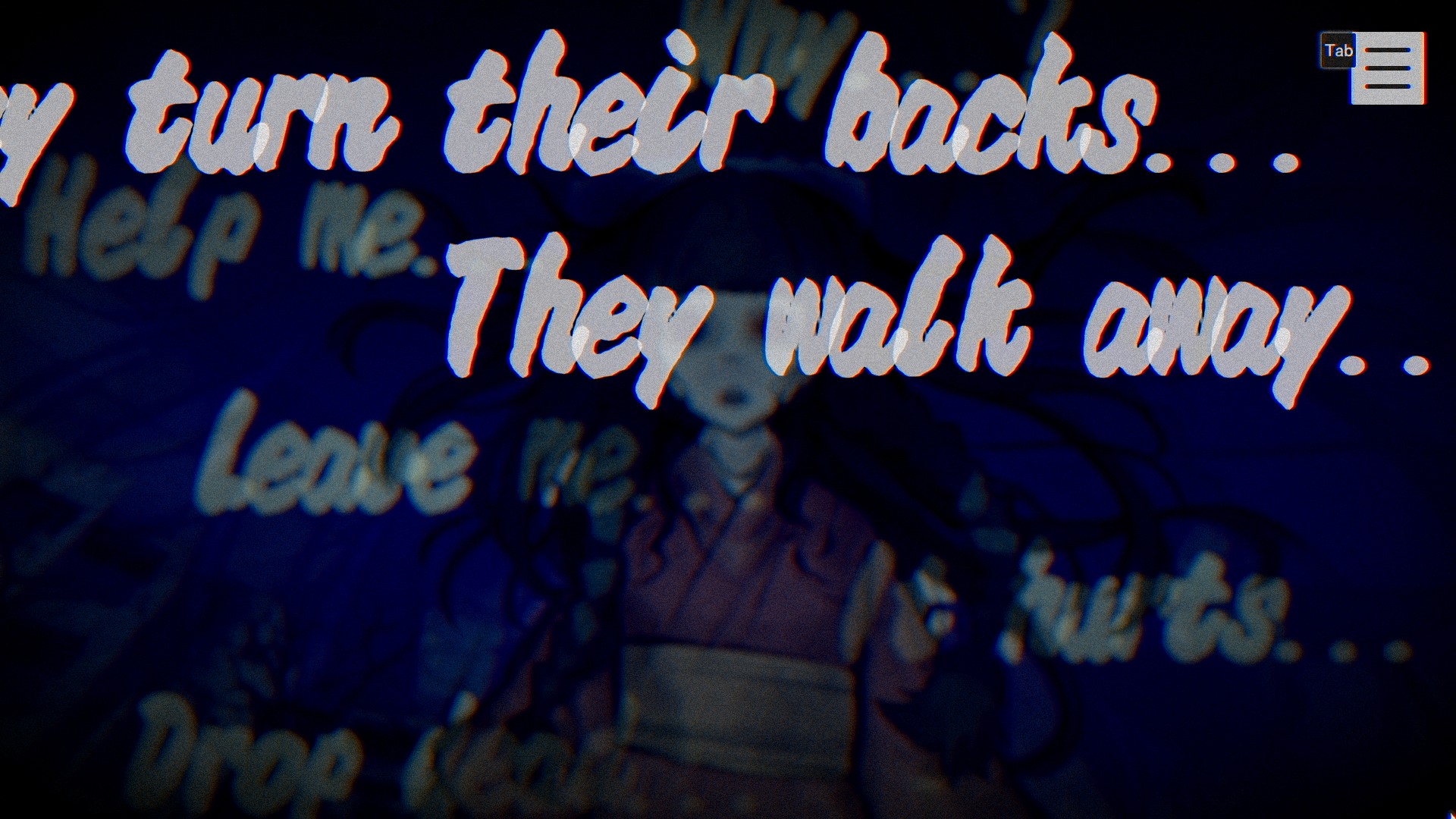This mindbending horror adventure masterfully blurs the line between reality and fiction
Square Enix's Paranormasight puts the "real" in "really spooky."

Paranormasight's scares begin not with a tale of ghostly vengeance or a gruesome demonic ritual, but with the "Visit Sumida" Tourist Office.
Ahhh, I think. Perhaps it's a fictional wholesome front for a shadowy group trying to open the gates of Hell? Horror stories love that one. Nope: it's a real organisation trying to encourage people to spend their leisure time (and money) in Sumida, Tokyo, the same area the game takes place. They've even gone so far as to produce a helpful pamphlet, making it easier for sightseers to visit destinations such as, uh, that park in the game where someone dies, or the section of the river where a missing child's body was found. Armchair tourists may—or may not—wish to take a trip around these locations via Google Maps.
In some other game and setting, this could have been just another cynical case of "brand synergy"... but it's not.
This is how Paranormasight softens up its unwitting prey.
The majority of this horror adventure from Square Enix uses background images that are slightly blurred, artistically embellished, and freely scrollable 360° photos of actual locations in Sumida City. As much as I love dribbly candles in creepy mansions, there is no setting better suited for a horror game than plain old reality. Reality is the place where you'll find the dark alley with the flickering light. The suspiciously empty playground. The shadow that doesn't seem to belong to anything in an otherwise unremarkable street. By grounding itself in the mundane, Paranormasight makes reality seem uncomfortably elastic, and brings fiction just a little too close for comfort.
Like the half-remembered folk stories that are so central to the game, there is a faded kernel of truth in these images, a distorted but tangible connection between the story, the storyteller—and us.
There is truly no escape from Paranormasight's tangled web of half-truths. The story unusually chooses to ignore the fourth wall and make virtual eye contact with the player from the very beginning, defining them as a custom-named (although formless and unseen) entity existing out of time and able to influence the game's events. Characters will sometimes mention a presence in the room guiding their actions, or make a point of commenting on their extraordinary "good luck" when they meet up with exactly the right person at the right time, something that can only happen if you engineer this unlikely situation yourself.
Keep up to date with the most important stories and the best deals, as picked by the PC Gamer team.
By placing us at the heart of the action—not Generic Avatar Guy but ourselves, with our own names and our own agency in this spooky world—every event and interaction feels just that little bit creepier than it would have otherwise. The invitation to place a finger on a ouija board's coin is far more unnerving when viewed in first-person, the game waiting for me to direct the outstretched finger to its haunted target rather than letting me passively read about it happening to someone else. The prompt to unleash a fatal curse on someone, supernaturally twisting and breaking their body in a grisly way, becomes so much more than a simple Route A/Route B choice when I know this decision would make me the killer. The story always carefully distinguishes between things characters want to do and the things I make them do.
There really might be someone—or something—standing behind me, but it's up to me to scroll the camera around to check, and to deal with the consequences of these unscripted actions.
Even the menus have a place in the story. Some crucial prompts will only appear if you—the player, not a character—have witnessed a particular event or been made aware of an important piece of information… or have gained fatal first-hand experience of what happens when you provoke the wrong person, only learning how to avoid an unfortunate fate through the eyes of a dying man. Audible threats can be avoided by temporarily turning down the volume in the settings menu, and the cherished memory of a dear friend is something to, literally, be saved.



It's during events like these, when the game steps back for a minute to ask you directly what you will do differently next time, or whether you truly understand what's going on, that you realise that everything camera pan and menu click is potentially as significant to the story as an item or shocking discovery. Everything you personally experience is as "real" and significant as anything that happens to the cast. Paranormasight is constantly playing with the language of games in clever ways, peppering in little moments of awe or tension amongst what could on the surface look like ordinary visual novel conversations.
In so many games fourth wall breaking winks to the camera tend to be treated as a cute little joke, a chance for everyone to enjoy a cheeky quip about an antagonist's long-winded speech without seriously derailing the plot. But here, in a setting that tries so hard to make you believe the walls of reality are paper thin and the dead can speak—can kill—this normally artificial connection has been seized upon as a chance to rewrite the horror rulebook.
You are Paranormasight's main character until the bitter end. Good luck.

When baby Kerry was brought home from the hospital her hand was placed on the space bar of the family Atari 400, a small act of parental nerdery that has snowballed into a lifelong passion for gaming and the sort of freelance job her school careers advisor told her she couldn't do. She's now PC Gamer's word game expert, taking on the daily Wordle puzzle to give readers a hint each and every day. Her Wordle streak is truly mighty.
Somehow Kerry managed to get away with writing regular features on old Japanese PC games, telling today's PC gamers about some of the most fascinating and influential games of the '80s and '90s.

